You’re considering having your nose changed, your ears altered or your entire face lifted. You’re nervous. You haven’t had plastic surgery before and you’ve heard a certain doctor is good, so you call the office. If that phone call goes well, a potential great relationship has begun between you and your board certified plastic surgeon. But if that call goes bad…
“The staff can make you or the staff can unmake you,” says James Namnoum, MD, a board certified plastic surgeon out of Atlanta. “It’s the point of contact with the patient. They establish a relationship with the patient right off the bat, and if it’s a bad contact or a bad staff, it’s not going to go well no matter how certified you are and how you feel.”
One Chance to Make a Strong First Impression
Your choice of cosmetic surgeon will be a choice you live with for years, if not your entire life. A successful procedure will make you feel more like yourself and give you greater confidence for years to come. On the other hand, ending up with results you’re not happy with could lead to additional costs, time and heartache.
The importance of board certification and a great reputation of experience is of primary importance, but your relationship with the surgeon’s staff often proves extraordinarily valuable toward achieving a fulfilling and happy result. For the surgeons, hiring the right people is essential.
“I always say hire on attitude rather than aptitude because I can always train someone up if they have a certain of aptitude, but I can’t change attitude,” shares Brad Calobrace, MD, a board certified plastic surgeon in Louisville. “So the right communicators on my staff are authentic and honest to my patients is by far the most important.”
It’s Critical to Give ‘Good Phone’
Dr. Ned Snyder, a board certified plastic surgeon in Austin, sums it up best. “If the person who’s answering the phone doesn’t give good phone or answer questions appropriately in a way that they wouldn’t want to be treated, it’s a negative interaction and that’s a patient who’s potentially going to be lost.”

As with any business, that first interaction is so important and lays a foundation. A lazy, indifferent attitude from the receptionist – especially in the beginning of an extremely personal plastic surgery journey – can quickly lead that caller elsewhere.
“If they’re with them – a ‘Do you want to make an appointment?’ kind of attitude – rather than listening to what that person wants out of an appointment, it can put them on hold,” adds Dr. Snyder.
Dr. Calobrace agrees. “Does the person on the other side of the phone like the person they’re talking to? It really comes down to that,” Dr. Calobrace adds.
Things to look for per the asked surgeons:
- Is the staff friendly and helpful?
- Do I get materials that fully prepare me for the risks and realities of surgery and recovery?
- Are all fees clearly stated? Is the quote all-inclusive?
- When I contact the practice, do I receive a prompt reply?
- Do I like spending time with this surgeon and the office personnel?
- Do I trust this surgeon to recommend what’s safe and right for me? Does the staff help answer any questions?
- Do I feel rushed at the office or talking with the office on the phone? Do I feel like I’m the most important patient?
- Do I feel comfortable disclosing my full medical history and habits to this surgeon and the staff? (This is critically important to your safety!)
Patients want to be sure they’re are being served and treated well. Much of this will be obvious a few minutes after you walk into the door of plastic surgeon’s office. If not, maybe it’s a sign.
The Surgeon’s Style Should Synergize with their Personnel
When first-time patients enter a plastic surgeon’s office, one thing they’re looking for is uniformity in opinion. The field is a wide world of options and they’re typically looking for the expertise and skill that would help them narrow down the possibilities. In this, it’s critical that office personnel are on the same page with their surgeons, as differing suggestions would cause much confusion for the patients.

“You want someone who is educated, affable, and aligns with your personality and presentation,” says board certified plastic surgeon Dr. Stafford Broumand out of New York City. “Also, part of that is they need to be trained. No one comes to this knowing everything about every procedure. And I believe that starts at the top.”
Dr. Calobrace reflected on a recent position that came vacant and how long it took him to find the right replacement.”I just recently hired a new administrator and within a few minutes of the conversation, I knew she was the right balance and the type of authentic and honest communicator I was looking for.”
Plastic surgery is personal; the relationships built along the way are important. Patients should feel more than just welcome when they enter offices; they should feel like these new acquaintances are long-time friends looking to help in any and every way possible. This comfortable, communal atmosphere is the golden ticket to deciding upon the right procedure and thus achieving the best results.

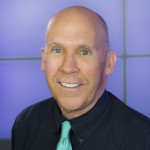
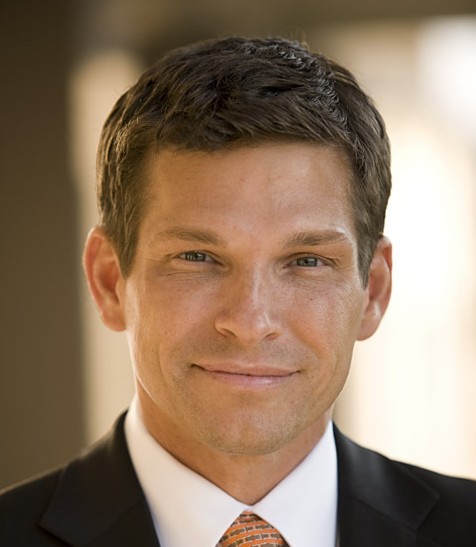
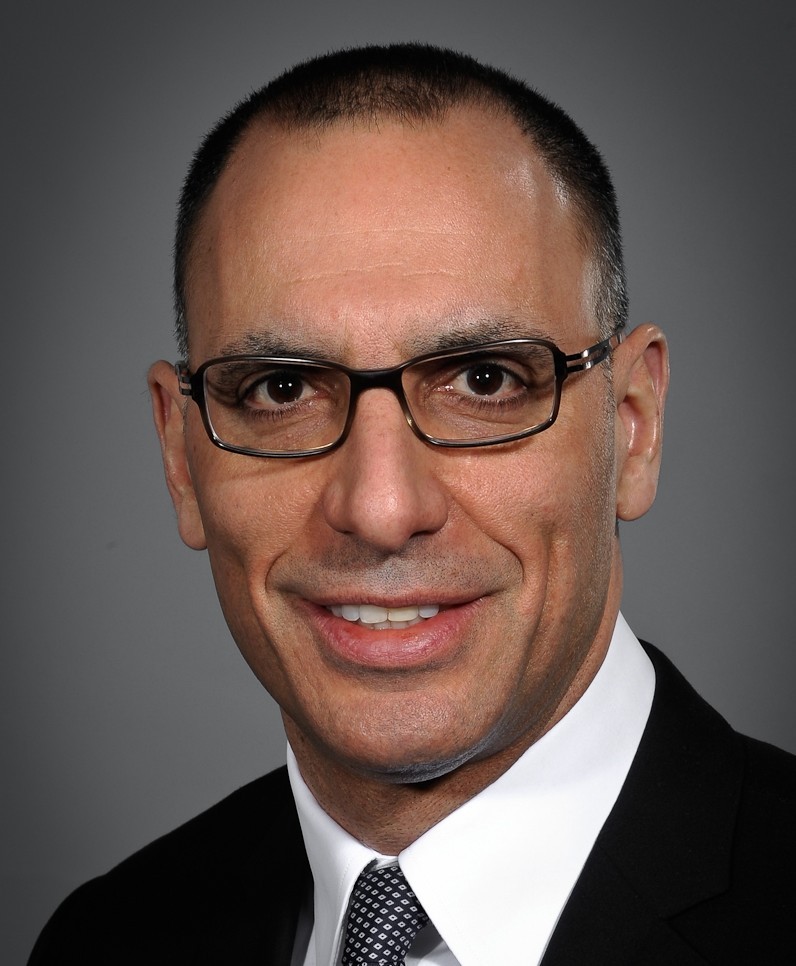


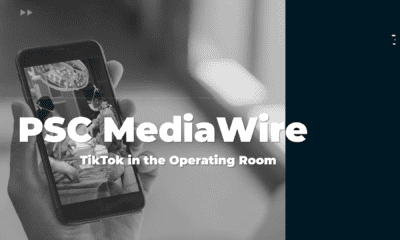


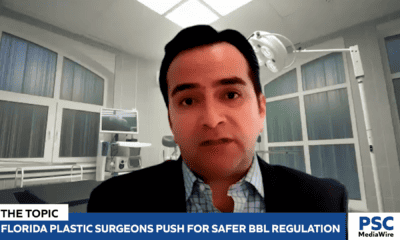
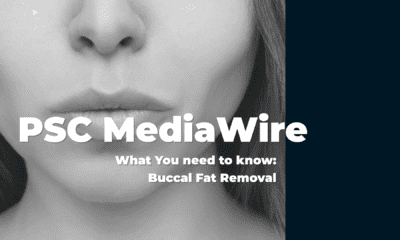








Facebook
Twitter
Instagram
YouTube
RSS